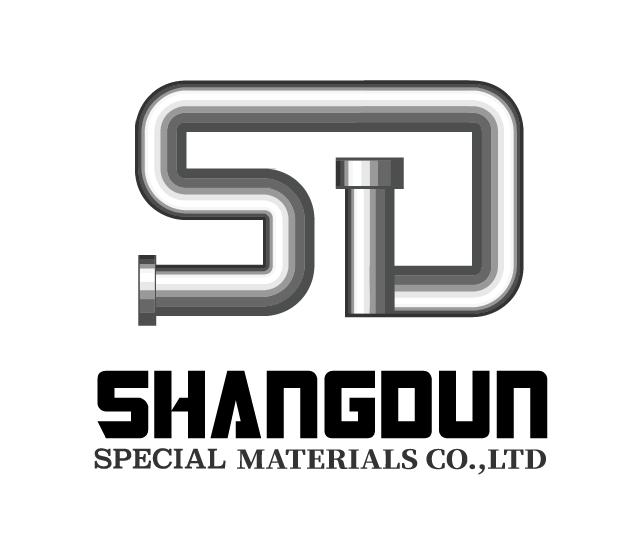Pure nickel is an extremely expensive industrial raw material. In addition to its direct application as a metal material, its most important use is the role of alloying elements in the stainless steel industry and its nickel-based and iron-nickel based corrosion-resistant systems. alloy.
Nickel-based and iron-nickel based corrosion-resistant alloys have excellent corrosion resistance, high strength, excellent plastic toughness and manufacturability of metallurgical products, and processability of equipment and components. The acquisition of these properties benefits from the excellent ability of pure nickel to resist the corrosion of reducing media and the high capacity of Cr, Mo, W, Cu, Si and other elements to improve and impart corrosion resistance to the alloy. The nickel content keeps the alloy from a high temperature to a low temperature and maintains the austenitic structure. Therefore, a series of nickel-based and iron-nickel-based austenitic corrosion-resistant alloys having a high content of corrosion-resistant elements can be developed by alloying means. The corrosion resistance of the alloy depends on the type, quantity and mutual matching degree of the alloy elements. In order to solve the corrosion problem caused by the incompetent corrosive environment of stainless steel, more than 50 grades of nickel-based and iron-nickel-based corrosion-resistant alloys have been developed. It has been successfully applied in industrial sectors such as chemical processing, hydrometallurgy, marine engineering, nuclear fuel chemical post-treatment, nuclear energy, oil and natural gas exploitation, pollution control flue gas desulfurization equipment, etc., and has become an indispensable corrosion resistant structure for these industrial developments and normal operations. material.
Leave Your Message
Post time: Apr-03-2019




